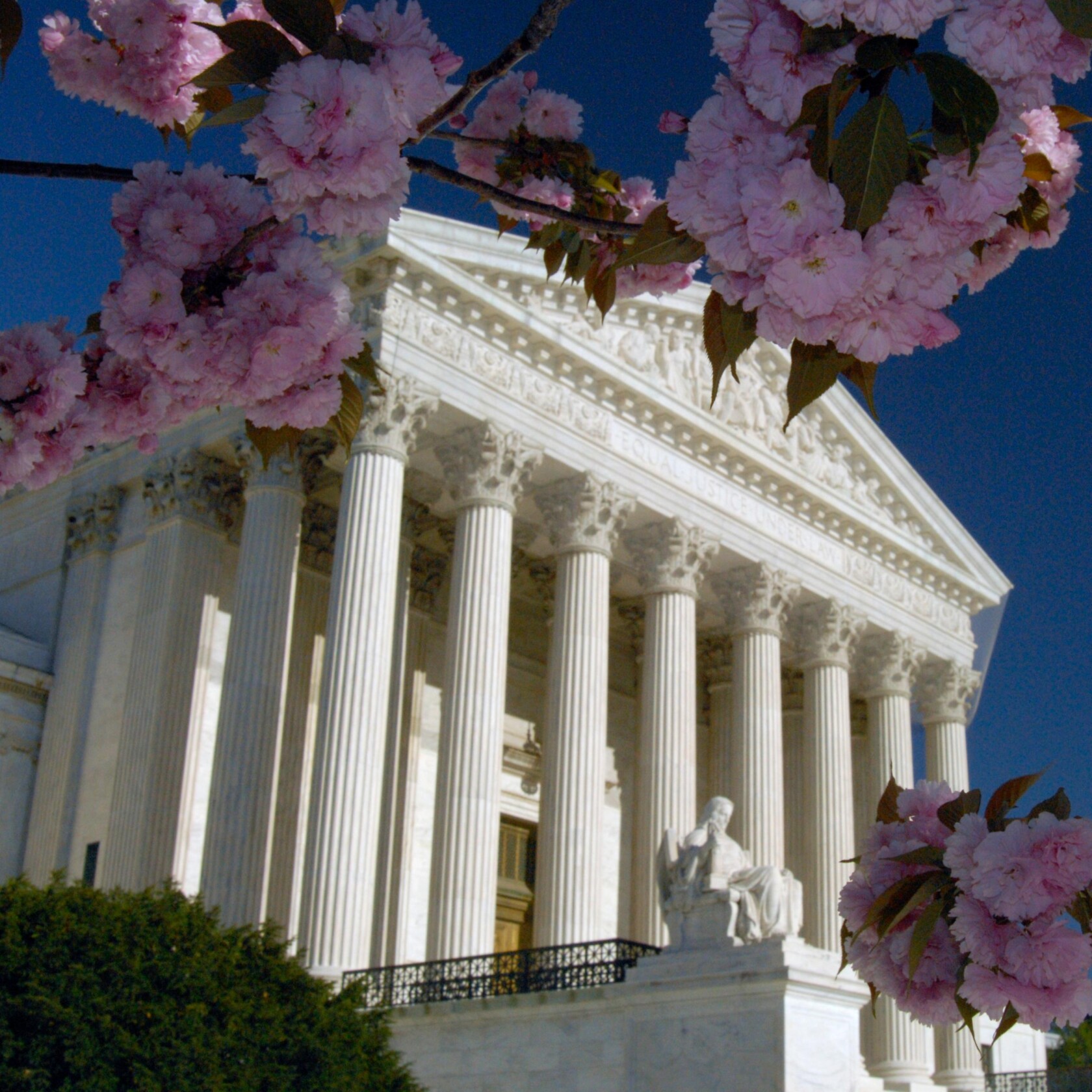SCOTUS Sends Auto Workers Back to Circuit Court for Overtime Regulation “Repairs”

You may not even know the technical name for workers at the local car dealership who diagnose what is wrong with your vehicle and tell you how it can be repaired. They are called auto service advisors, and whether they are entitled to overtime pay under the Fair Labor Standards Act (FLSA) has been the subject of controversy for nearly 50 years.
A recent U.S. Supreme Court decision regarding these auto service advisors’ exempt status holds lessons with broader applicability regarding the weight courts will give Department of Labor (DOL) regulations.
By way of background, in 1970 the DOL issued a regulation that interpreted the term salesman to exclude auto service advisors. This exclusion meant that auto service advisors were classified as non-exempt and, therefore, entitled to overtime compensation under the FLSA.
Several courts rejected this position, however, causing the DOL to change course in a 1978 opinion letter and 1987 Field Operations Handbook, which treated the service advisors as exempt. This remained DOL policy for several decades.
Fast forward to 2011. Reversing course again and without explanation, the DOL issued a final rule that followed the original 1970 regulation, interpreting “salesman” to exclude service advisors. Not surprisingly, a group of service advisors filed a lawsuit, alleging that the automobile dealership at which they worked was required to pay them overtime. One of the threshold issues in that lawsuit was how much deference the courts must afford the DOL’s regulation interpreting “salesman” to exclude service advisors. This issue wended its way to the Supreme Court earlier this year, in the case Encino Motorcars, LLC v. Navarro et al.
In a 6-2 decision, the Supreme Court ruled against the service advisors. Specifically, the court held that the DOL’s interpretation of “salesman” was not to be given deference under Chevron U.S.A. Inc. v. Natural Resources Defense Council, Inc. 467 U.S. 837 (1984), the landmark case that set forth the test for determining the authority of federal agency regulations. The court noted that, “a basic procedural requirement of administrative rulemaking is that an agency must give adequate reasons for its decisions” – particularly where longstanding policies have induced reliance.
The DOL’s silence in connection with its reversal of position in interpreting “salesman” to exclude service advisors did not satisfy this essential element of its rulemaking. Accordingly, the Supreme Court ordered the matter back to the United States Court of Appeals for the Ninth Circuit. The appeals court will need to make a fresh determination of whether the service workers are exempt, without deferring to the DOL’s rule.
The immediate impact of this decision is obviously pertinent to one particular niche of workers. However, the decision certainly can be added to any practitioner’s (or employer’s) arsenal for challenging DOL regulations generally, and serves as a valuable reminder that the administrative rulemaking process itself can be fertile ground for defending cases which involve agency regulations.
